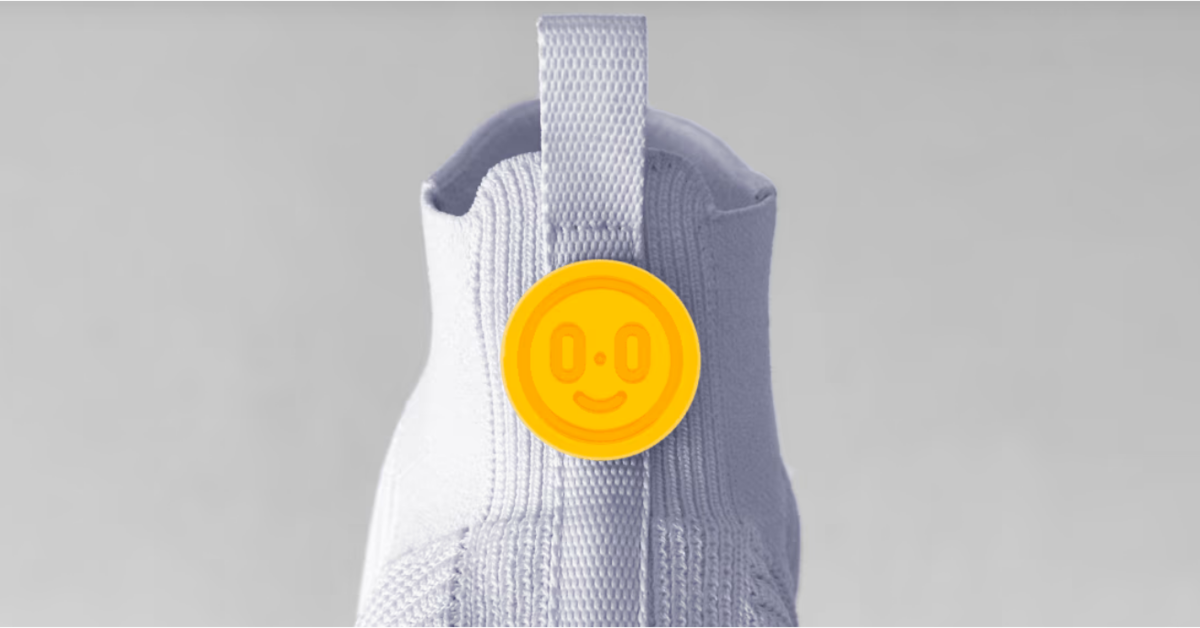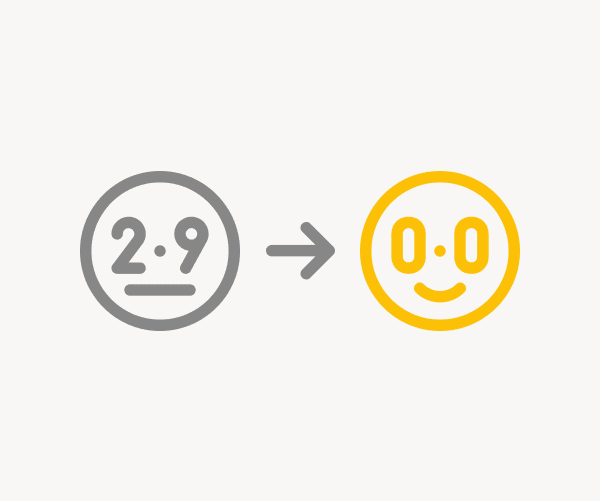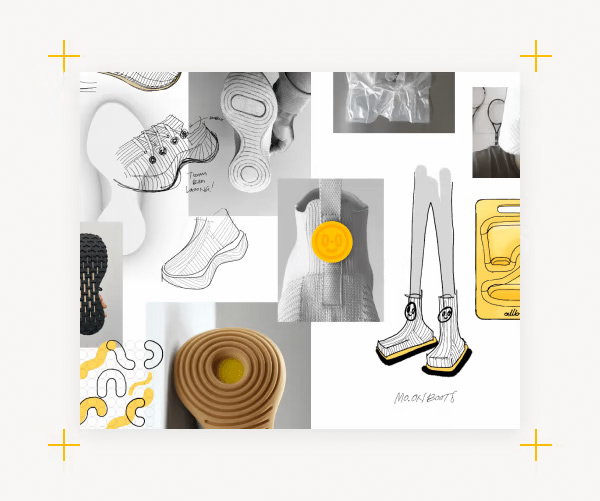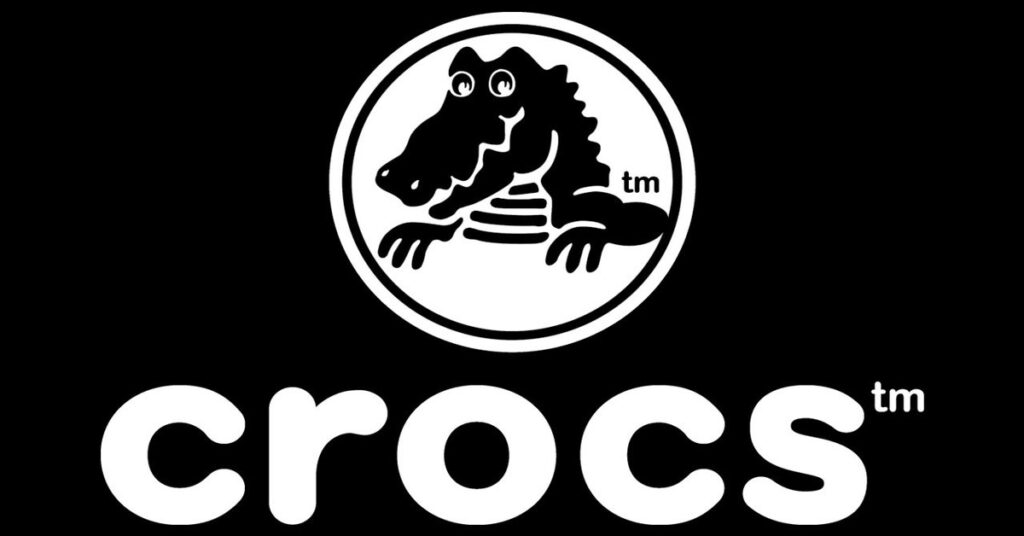Allbirds, the sustainable footwear brand, has recently announced the launch of its newest product, M0.0nShot, which is touted as the world’s first zero-carbon shoe. The shoe has been designed using carbon-negative materials such as merino wool, sugarcane-based foam, and bioplastic eyelets manufactured from a polymer formed from converted methane.

The Zero-Carbon Shoe
The M0.0nShot shoe has a carbon footprint of 0.0 kilos CO2e, compared to the industry average of 14 kilograms CO2e. The shoe will be unveiled in June during the Global Fashion Summit in Copenhagen, and Allbirds has open-sourced the toolbox that brought M0.0nShot to zero and is urging others to follow in its footsteps.
A Major Leap for the Business
According to Allbirds, while this may be a modest footprint for a shoe, it represents a “major leap” for the business. M0.0nShot is the result of years of effort and the New Zealand company’s commitment to steadily decrease carbon in its operations and products from its inception. The company developed SweetFoam, its first carbon-negative substance, in 2018, which influenced the new foam utilized in M0.0nShot.


A Pioneer in Sustainability
Allbirds has been a pioneer in sustainability. The company was the first fashion brand to label products with carbon footprints in 2020. A year later, the brand announced a collaboration with Adidas to create the world’s lowest-carbon shoe, the Adizero x Allbirds. The launch of M0.0nShot marks a significant milestone for Allbirds and the fashion industry as a whole. It shows that sustainable practices can be implemented without sacrificing style or quality.
Final Thoughts
With M0.0nShot, Allbirds has designed an innovative, zero-carbon shoe that is commercially viable and scalable. The M0.0nShot is the culmination of the company’s entire back catalogue of work in sustainability. As a proof-point, it demonstrates that when brands take sustainability seriously and are laser-focused on carbon reduction, they can make incredible breakthroughs. Allbirds is urging other companies to follow in its footsteps and use its open-sourced toolbox to reduce carbon emissions in their own products and operations.



